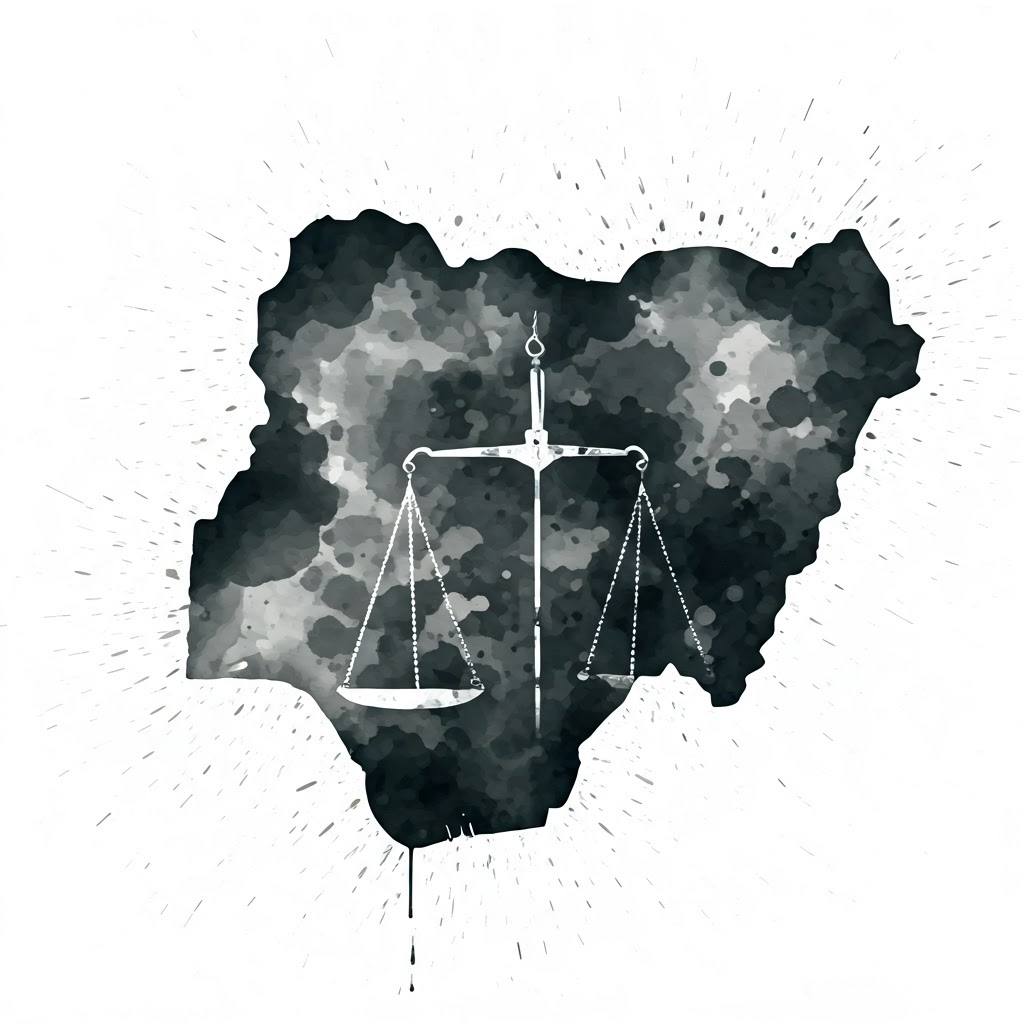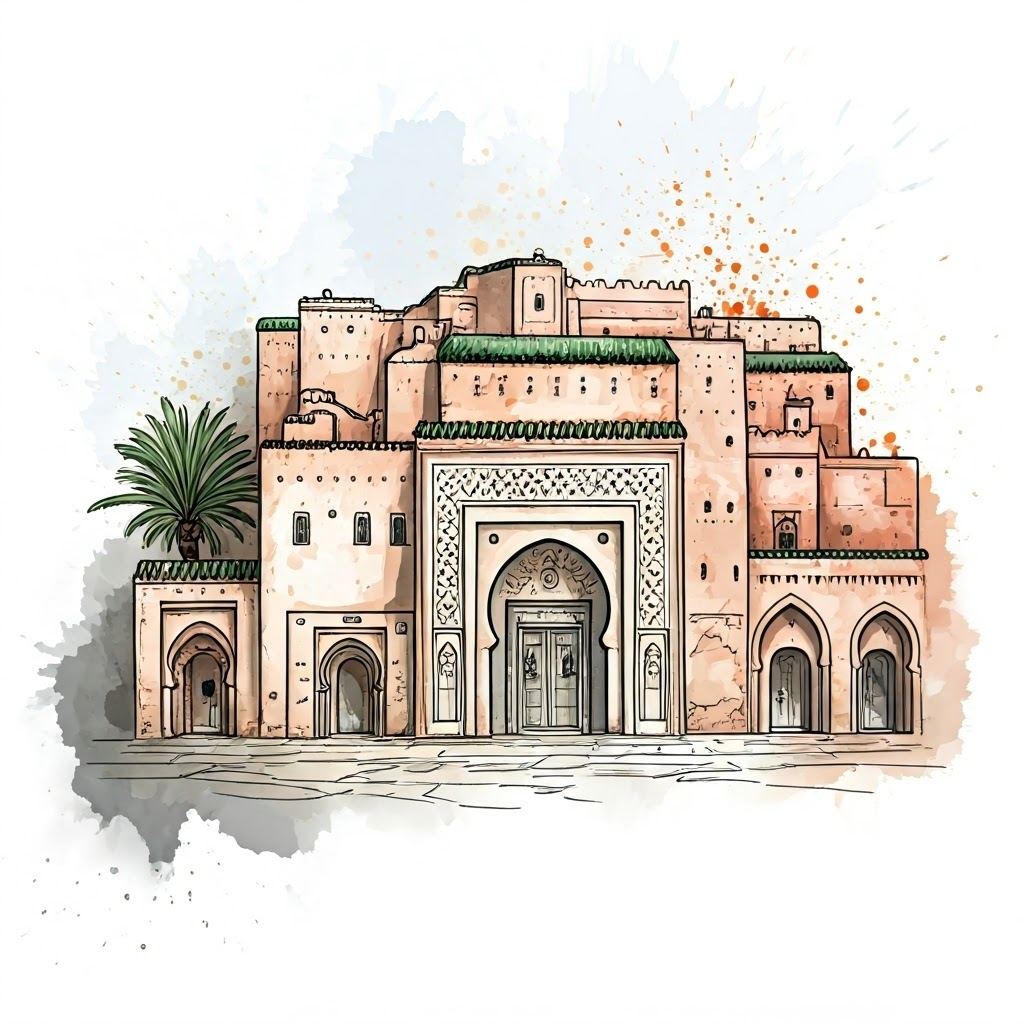The 2034 World Cup is heading to Saudi Arabia, a decision that has sent shockwaves through the football world. While Saudi Arabia celebrates, critics point to the country’s human rights record and question FIFA’s transparency in the bidding process. This article delves into the controversies surrounding the decision and explores what it means for the future of the beautiful game.
- Saudi Arabia wins bid for 2034 World Cup amidst criticism.
- Human rights concerns and FIFA’s transparency questioned.
- Implications for the future of football discussed.
A Win Marred by Controversy
The virtual FIFA congress that awarded Saudi Arabia the 2034 World Cup was anything but ordinary. Gianni Infantino, FIFA’s president, oversaw a process that many found unsettling. The “vote” itself felt more like a coronation, with little room for dissent or alternative viewpoints.
Human Rights in the Spotlight
Saudi Arabia’s human rights record has been a major point of contention. Organizations like Amnesty International and Reprieve have voiced serious concerns about the potential consequences of hosting the World Cup in a country with such a controversial record. From migrant worker conditions to freedom of expression, the spotlight will be firmly fixed on Saudi Arabia in the coming years.
FIFA’s Transparency Under Fire
The bidding process itself has drawn criticism. Many observers felt that the outcome was predetermined, raising questions about FIFA’s commitment to transparency and fair play. The apparent lack of serious consideration for other bids has further fueled these concerns.
What This Means for Football’s Future
This decision marks a significant shift in the world of football. It raises fundamental questions about the values that govern the sport and the balance between financial interests and ethical considerations. The 2034 World Cup will undoubtedly be a major talking point for years to come, and its impact on football’s future remains to be seen.
The Saudi Vision
Saudi Arabia has ambitious plans for the 2034 World Cup. They envision a technologically advanced and culturally rich tournament that will showcase the country to the world. However, it remains to be seen how these plans will reconcile with the country’s human rights challenges.
A Divided World
Infantino’s statement about uniting a divided world through football rings hollow to many critics. Awarding the World Cup to a country with a questionable human rights record seems to exacerbate existing divisions rather than bridge them. This decision has further polarized the football community and raised concerns about the direction the sport is heading.





